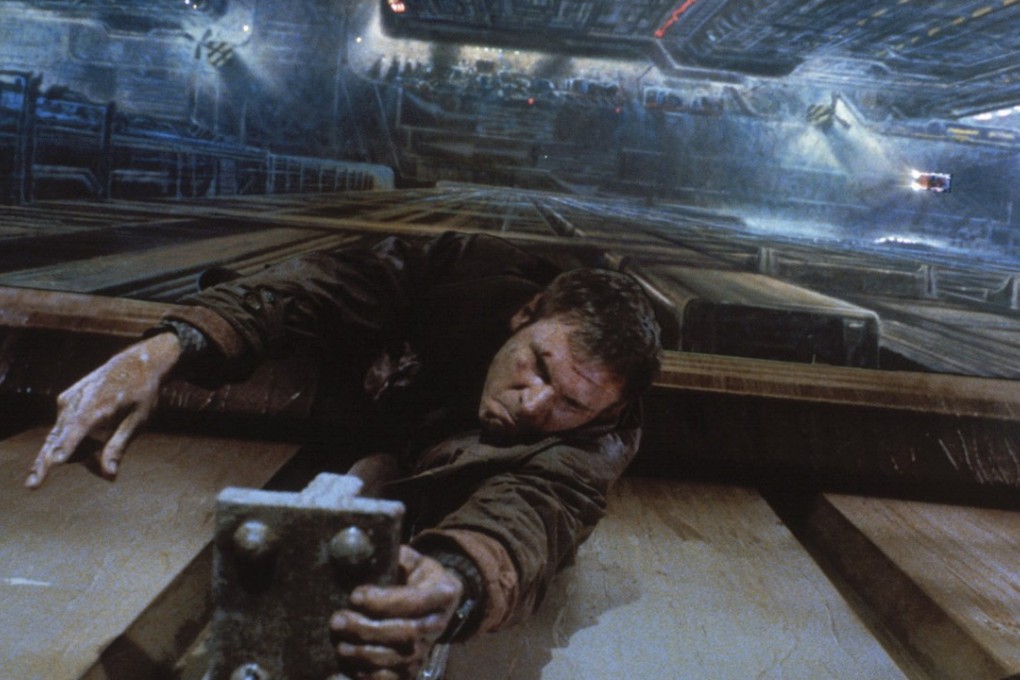The Blade Runner effect: the best eight video games that were influenced by the original film
The epitome of cyberpunk, Blade Runner’s influence on the entertainment world has been huge. Here are eight games that reference the sci-fi classic

But its inspiration isn’t limited to the film world: novelists have used it as the basis for the cyberpunk subgenre, Vangelis’ score influenced a host of electronic music producers, and everything from comic books to anime, TV shows to modern technology have paid homage to it. .
Ryan Gosling says Blade Runner 2049 will have audiences on the edges of their seats, as more footage released
Perhaps its biggest influence has been on video games. Its neon-lit, gritty aesthetic lends itself perfectly to immersive experiences, while the central storyline – a futuristic film noir about a detective hunting down androids – has been adapted into multiple genres: first-person shooters, role-playing games, action-adventure, survival horror, even basic platform side-scrollers.
With its long-awaited sequel Blade Runner 2049 in cinemas tomorrow – 35 years after the initial film’s release – and with hundreds of games taking inspiration from the original, let’s revisit the games that have borrowed from Blade Runner.
Here are the best eight.